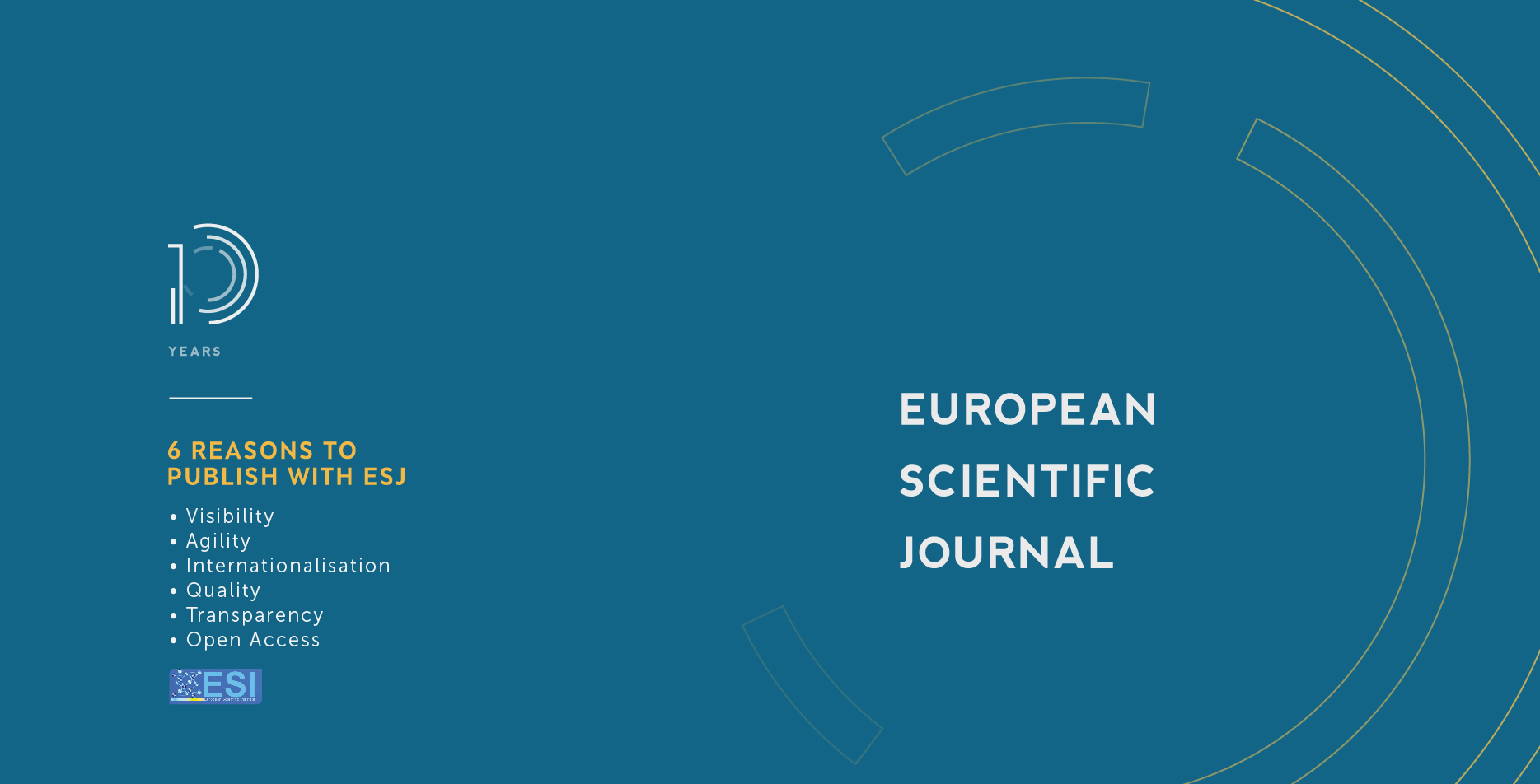Sandwich Model of Educational Upgrading in Ghana: A Transitional Challenge in Disguise
Abstract
The study investigated transitional challenges among undergraduate (bachelor of education) sandwich students. Adopting the descriptive survey design, a census population of 651 was used. Sanagavarapu, Abraham and Taylor’s (2018) TWHAS was used for data collection. The data was analysed using frequency counts and MANOVA. The study revealed that 59.6% of the students experienced difficulty in balancing family commitments with studies, 77.4% found it difficult to exercise, 61.0% found it difficult meeting up with friends and 73.3% found it difficult balancing financial commitments. Again, 45.2% of the students rarely experienced misunderstanding, while 25.0% were concerned about what others would say about them, 29.2% were concerned about the language barrier, 75.7% were concerned about their inability to explain their problems but 81.9% were not afraid seeking support from colleagues. More so, females experienced transitional challenges more than males. It is recommended for managers of the programmes to counsel students so as to control the effects of the challenges.
Downloads
PlumX Statistics
Copyright (c) 2021 David Nii-Okai, Ebenezer Acheampong, Inuusah Mahama, Jonathan Kwame Mensah, Osman Imoro, Richard Marfo, Regine Kwaw, Seth Odame-Mensah

This work is licensed under a Creative Commons Attribution-NonCommercial-NoDerivatives 4.0 International License.








